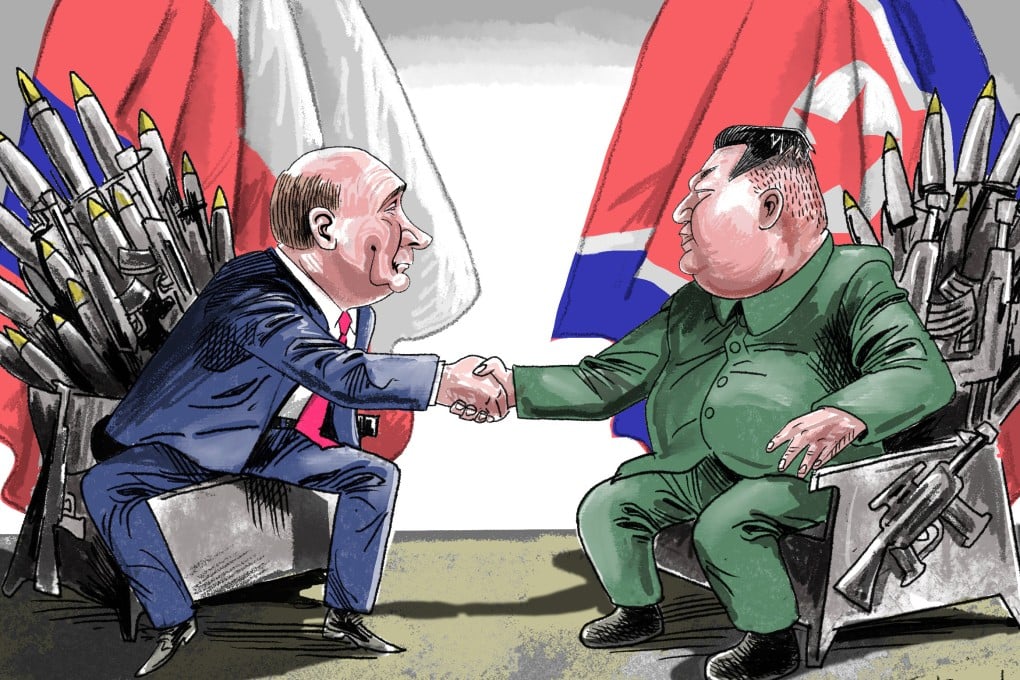Opinion | How far will Putin and Kim take ‘mutual assistance’ in face of aggression?
- As Moscow and Pyongyang deepen military ties, the stakes have never been higher to prevent provocations that could turn into armed clashes

Meanwhile, the treaty signed by the two leaders provides for “mutual assistance in the event of aggression against one of the parties”. This wording is likely to raise concerns in the West, with media outlets reporting that the agreement is equivalent to a mutual defence pact.
During the summit, Kim declared that his country’s relations with Russia had been upgraded. “Relations between our two nations rose to a new high of alliance,” Kim said.
The new mutual assistance provision could provide a justification for Pyongyang to provide soldiers, workers or technicians to help Moscow in Ukraine if Kyiv’s actions are framed as aggression against Russia. On the other hand, the provision could also result in Russian military support for North Korea in the case of military aggression by the United States or South Korea.
